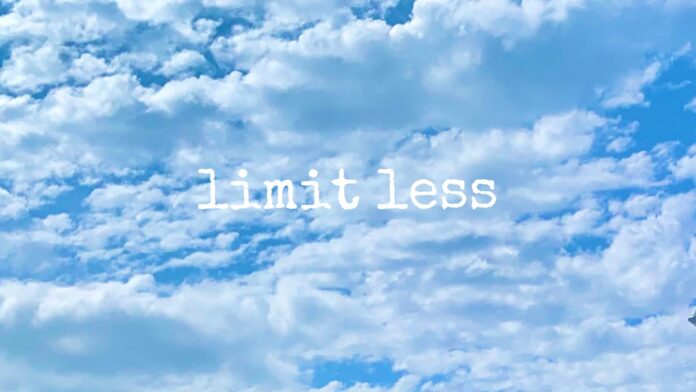I was just finishing up at the gym on Monday when I got a text from Ginger asking if I wanted to meet her for coffee at RJ Julia and read for a while. My answer, of course, was yes–the one catch being I didn’t have a book with me, but I was going to a bookstore, so that problem was easily solved. She already had a window seat in the cafe, so I perused the shelves and tables and was captured by this title: The Limits of My Language: Meditations on Depression. I felt like Eva Meijer, whoever she is, had written a book personally to me.
Once I had my coffee and Ginger and I had talked for a few minutes, I opened the book about the limits of language and found this paragraph:
An ending. An encasing, a world within a world (a self inside a self), thoughts that thrust themselves into a nest of other thoughts and ruthlessly push out their healthy foster-brothers and sisters (like baby cuckoos), an ever-present shadow (even in the light), a confirmation, a truth , an illusion, heavy sand where the shore turns to sea, a fungus that a manages to worm its spores into everything, static noise, fading away, a greenness that sucks up every colour, until all that’s left is the memory of colour.
I read it twice to myself and then out loud to Ginger. One way to talk about the limits of language is to start by showing what our words can do, I suppose. Meijer is a philosopher, as well as an author and musician and artist, and her words took me back to a quote by another philosopher, Wittengenstein, who wrote,
“The limits of my language are the limits of my world.”
I learned of those words from The Dictionary of Obscure Sorrows by John Koenig who went on to say after the quote,
Words will never do us justice. But we have to try anyway. Luckily, the palette of language is infinitely expandable.
Koenig embodied his claim by creating a book of newly coined words for situations and feelings that had no words for them; Meijer keeps reusing and repurposing the ones we have. Both of them encourage us to remember we can do far more with our words than we do.
When I started working as a trainer at the Apple Store at Southpoint in Durham, North Carolina, one of my tasks was to teach introductory workshops for people getting new iPhones. The new phone then was the 4S. It was at the same time that the Voyager 1 spacecraft reached the edge of our solar system. Voyager was launched in September 1977, as I was beginning my senior year in college. I am not a big science guy, necessarily, but there was a certain poetry to the space exploration of those days that captured me, so when I read about the spaceship leaving the solar system it stuck with me, as did the note in the article that the computer in the new iPhone was 250 times stronger than the computer that put Voyager into space.
I shared that information with the people in my workshop and then said, “You could launch satellites with your phone. Quit playing Candy Crush and go change the world.”
Eva Meijer seems to issue a similar challenge with the way she launches her words from the page:
Imagine carrying a sea inside your body. It moves at every step, just enough to let you know you’re made of water. You know the water is dangerous, that people have drowned in it, that you can’t live beneath it. You also know you;’re stuck with that sea, and there’s no escaping it. Sometimes the water rises, and then it falls again, like the tides, although not as regularly. Till one day it rises and rises and you slowly start to panic. You can’t escape it, because it’s inside you. No one sees it from your exterior, although your eyes fill with tears more than usual. You’d better lie down somewhere and wait till the water drops and you can move again. You’d better not lie down, because if you do you’ll probably drown–and meanwhile the water is rising and you’ve already been holding your breath for a minute.
That sea is familiar to me; I know what it feels like when the water rises. I am grateful to say that the tide has been out in recent months, so I have not had to hold my breath, to stay with her metaphor, and I know some who have been overwhelmed. Beyond the descriptive and poetic power of her metaphor–and she has more that are just as evocative–I keep going back to her title and wondering where the limits are when it comes to how we choose our words.
I don’t know that language is limitless, but I trust that we could limit less in the way we speak and write, the way we talk to and about one another, the way we express what it means to be in the world. Maybe it’s making up new words like Koenig does, and then maybe it is taking the time to find the word we already know that gives birth to new possibilities, the way God spoke the universe into existence from stars to flying squirrels, from sea scapes to friendships.
Maybe the limits of my language have a lot to do with the limits of my world. I know there are more ways to say “I love you” than I have learned to say, and more ways to say “I need help” as well, among other things. Words may not say everything, but we have far from exhausted what they can do if we choose them well.
Peace,
Milton
